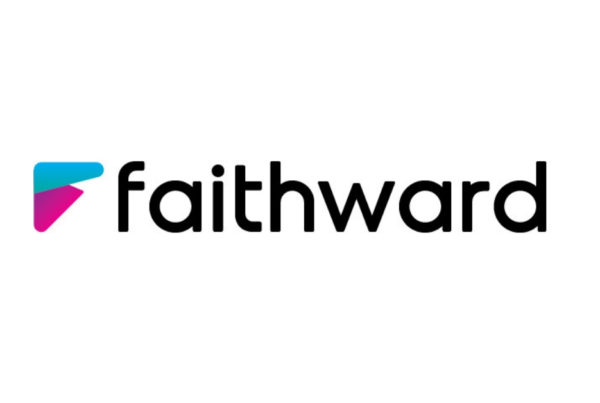Like organizations and businesses, many churches are facing a number of economic challenges caused by COVID-19. Churches are experiencing a reduction in giving because of discontinued in-person worship services or congregants now struggling to make ends meet. Other churches rely heavily on income from renting their worship spaces to other groups that are not currently meeting due to gathering restrictions.
To help churches within the Reformed Church in America (RCA), the denomination has taken action and is offering financial relief. This includes a 30 percent reduction of the next assessment billing. Assessments are finances paid by RCA churches to support and continue the work of the denomination. The General Synod Council assessment has been reduced by $450,000 to provide relief for churches.
“This past week, RCA denominational staff were asked to decrease their budgets [by 25 percent]. This was a difficult task for staff to do, but our staff knew that by cutting back, they could pass those savings on to classes and churches,” says Jillisa Teitsma, the RCA’s chief financial officer. The budget reductions did not apply to personnel budgets.
Not only will the next assessment billing be reduced, but it will also be divided into three monthly installments. The quarterly assessment will not be due on May 15 as usual; rather, payments will be due on May 31, June 30, and July 31.
The RCA has also partnered with Tithe.ly.com to help churches with online giving. Interested churches can watch a webinar and learn how to set up electronic giving through Tithe.ly. If your church is ready to commit, you can sign up here. As Tithe.ly is now the RCA-preferred vendor for online giving, RCA churches gain the benefit of reduced rates.
In the United States, another option for financial relief is available through the Coronavirus Aid, Relief, and Economic Security (CARES) Act, which the U.S. Congress passed on March 27. A summary and specifics are available, provided by the U.S. Chamber of Commerce. Due to the newness of this legislation, there are some provisions of the law that are still being defined and some logistics are still being worked out.
“The CARES Act includes many provisions that apply to churches and nonprofits,” says Teitsma. “A major part of that legislation is the payroll protection program. These are loans to small businesses, including churches and nonprofits, with under 500 employees to help maintain their payroll during this emergency.”
Loans can cover up to two-and-a-half times an average monthly payroll and can be used for payroll, rent, and utilities. The maximum interest rate is 4 percent, and, if certain qualifications are met, the loan may be forgiven at the end of the loan period. These loans will be administered through local banks, many of which are currently setting up an application process. The U.S. Treasury recently released this application form.
Churches should contact their local bank and ask what information must be submitted as part of the application process. As banks roll out applications, churches can assemble and prepare their payroll paperwork and information. It is important for churches to note that the loan application for the payroll protection program includes the following statement:
All businesses receiving SBA [Small Business Administration] financial assistance must agree not to discriminate in any business practice, including employment practices and services to the public on the basis of categories cited in 13 C.F.R., Parts 112, 113, and 117 of SBA Regulations. All borrowers must display the “Equal Employment Opportunity Poster” prescribed by SBA.
There are also two webinars currently available to help churches understand how the CARES Act might affect them:
- CARES Act Overview for Nonprofits
- Webcast for Nonprofits: Nonprofit Tax Update – COVID-19 Legislation
This stimulus package only applies to organizations within the U.S. The RCA finance team will watch for similar legislation in Canada and will share that information as it is available.
Lastly, churches borrowing from the RCA Church Growth Fund can choose one of three relief options for their loan payments. For information and specifics, read the announcement.
“We will continue to monitor the financial situation of our churches and the denomination, so that no one bears this burden alone, but instead that we can bear this burden together,” says Teitsma.
These resources and several others can also be accessed as they become available via the Coronavirus Church Resource Center. If you have any comments or questions about the financial impact of COVID-19 and the effects on your church, please direct them to finance@rca.org.





